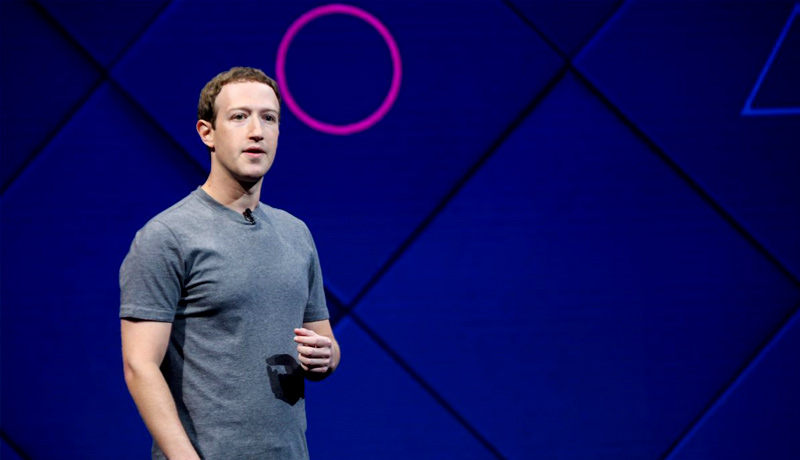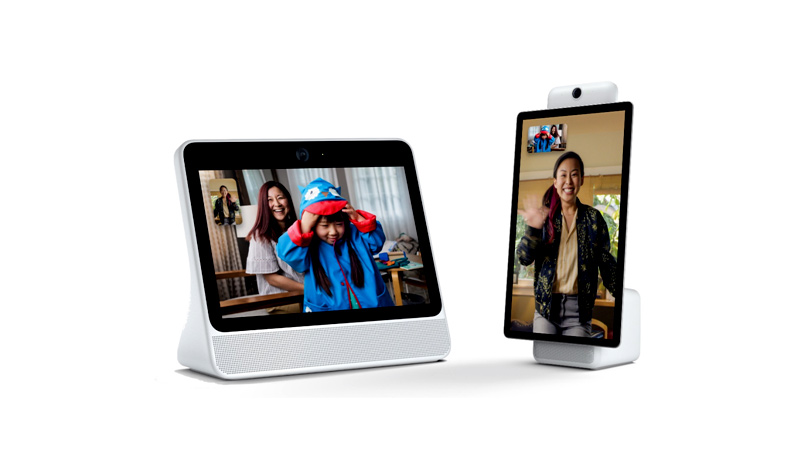
Mark Zuckerberg has announced the new Portal Go and Portal+ during Facebook Live. Facebook has rolled out the third edition of its portal video-calling devices called Portal Go, as well as a new service that allows companies to deploy fleets of the gadgets to their staff.
This announcement demonstrates that Facebook is still optimistic about video calling screens and believes users want to continue video chatting. The Portal devices were initially unveiled in 2018, and no sales figures have been released. However, as businesses continue to put off returning to work, Facebook relies on the desire to connect with coworkers and loved ones via video conversations. In the household, it competes with Amazon’s Echo Show and Google’s Nest Hub.

The Portal Go, a $199 device with a 10-inch screen that can be taken off its charging block and used around the house, is one of the features of the new models. The Portal Go comes with a convenient handle and a battery that could last up to 5 hours of one-on-one Messenger video-calling or 14 hours of listening with the screen turned off.
Facebook likewise revealed a new model of its Portal+ that will cost $349 and come with a 14-inch display that can be rotated forward and backward. For video calls, the new Portal+ was meant to sit next to users’ laptops in their workplaces. It offers improved sound quality than the previous edition, according to Facebook.
They are more expensive than previous models. The latest version of the 10-inch Portal costs $179, while the prior Portal+ costs $279. However, Facebook’s manager of product management for Portal Micah Collins noted that these gadgets’ discount prices would likely be changed later this year.
Facebook also introduced Portal for Business, a solution for small and medium organizations to buy, deploy, and administer Portal devices for their employees remotely. According to Collins of CNBC, Facebook recognized this service as more firms go to remote and hybrid settings. Portal for Business will be accessible in beta in the United States this year and will be more broadly available next year, according to Collins.
“Given the number of video connections we have to maintain throughout a workday, Portal is convenient, and that tendency isn’t going away,” he said.
In December, Facebook will add Microsoft’s Teams service to Portal in yet another push to appeal to professionals. This service will allow Portal owners to access their Teams calendars, contacts, file sharing, and chat functionality from their mobile devices. Other work apps, such as Zoom, BlueJeans, and Webex, are already supported by Portal.

This story is attributed to Nelson Ikechukwu Nworie. Nelson is a specialist in digital marketing and business development. He is highly skilled in content creation, social media designing, lead generation, and identifying new digital ideas. Nelson is a team player, an active thinker, and an open-minded personality who tackles work with a positive mindset.